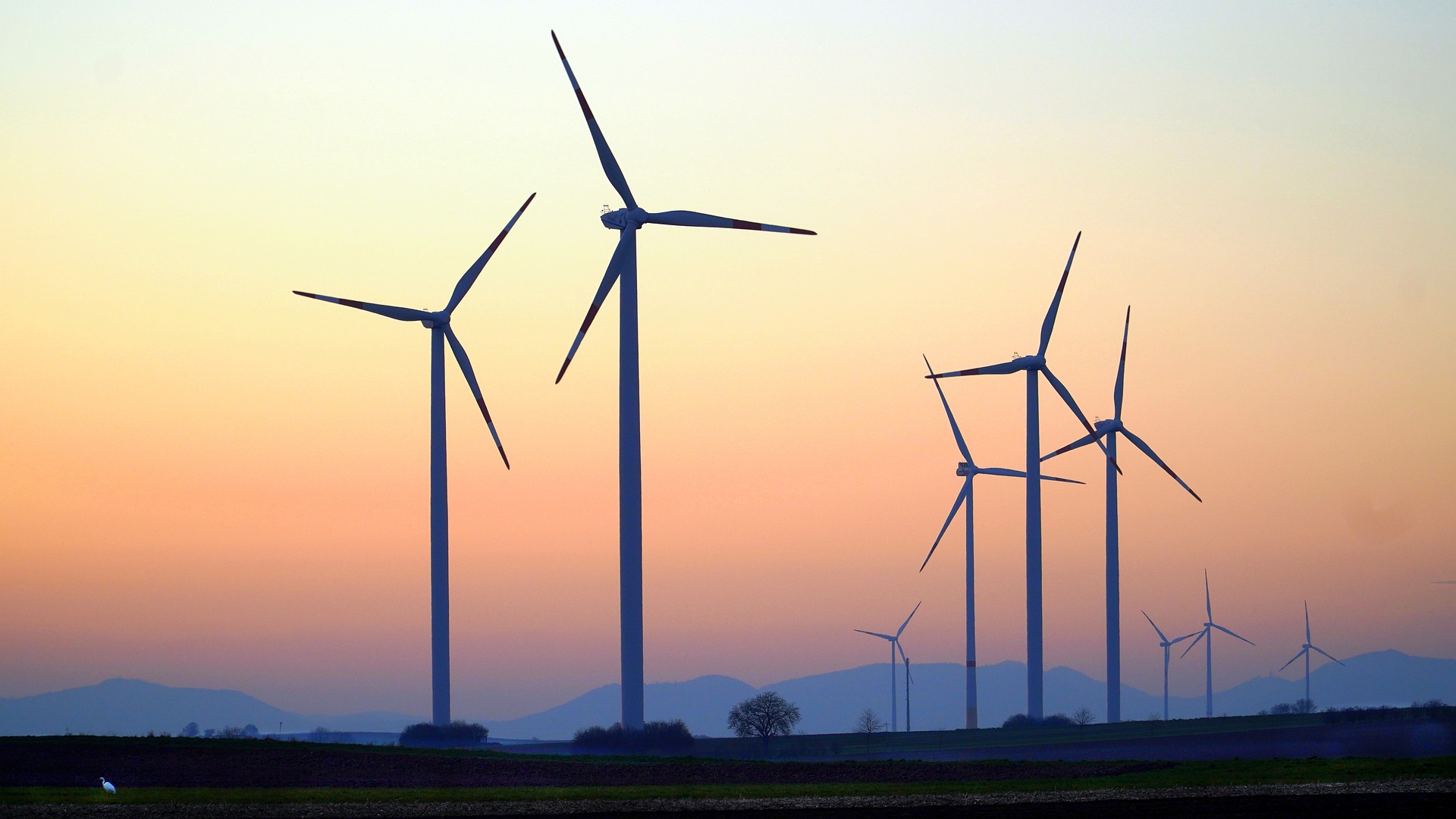On his website, the President of the ERO published information in which he pointed out that some of the energy market participants conclude and implement Power Purchase Agreements (i.e. electricity sales) in a manner that may indicate an attempt to circumvent the law, and consequently also the obligations related to supporting the production of electricity from renewable sources. According to the President of the Energy Regulatory Office, “the performance of contracts of this type is in fact based on providing the end user not with the generation installation, but with the electricity generated, the volume of which is consumed in the amount of services due to the entity providing access. As a consequence, the entity providing access to it actually obtains the status of an energy company, conducting economic activity in the field of generating electricity and selling this energy to end users.
The energy law and the RES Act itself do not require that the entity generating electricity be the owner of the devices in which it generates this energy. The electricity producer is only required to have “technical capabilities guaranteeing the proper conduct of business”, which in practice means having a legal title to such an installation (Article 33 (1) (3) BCE), which does not have to be ownership, but for example rent.
On the other hand, the production of electricity or heat for own needs (without connecting the generating entity’s installation to the system operator’s network) is not covered by the Energy Law or the RES Act, because it is not an economic activity consisting in generating electricity. The owner of an electricity generating installation has never been treated as an energy company within the meaning of the Energy Law, if he himself did not use it to produce electricity.



